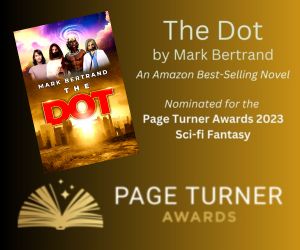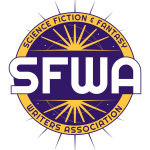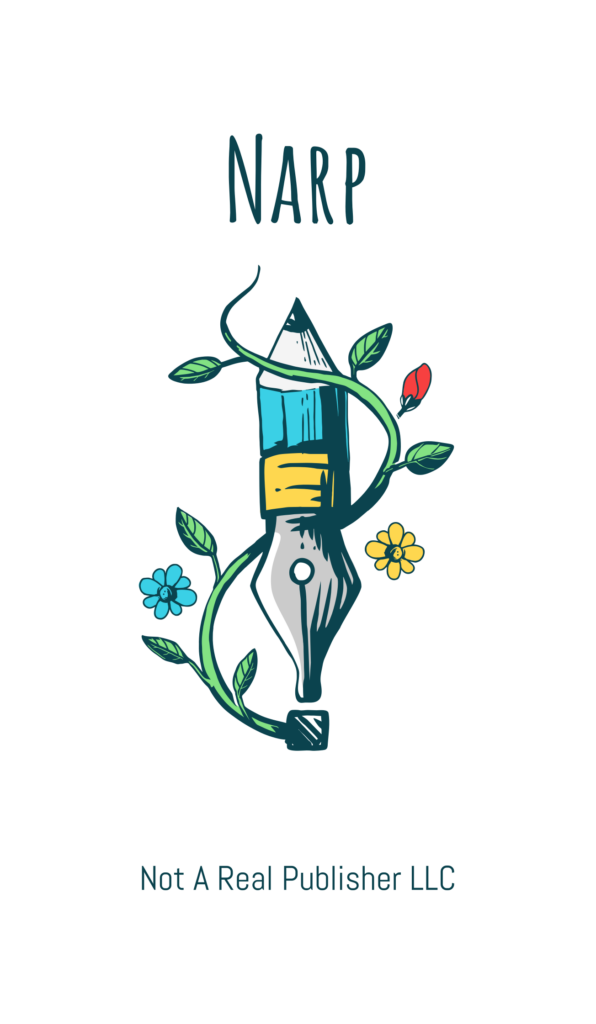The Masters of Speculative Fiction Novels
Speculative fiction, a genre that explores imagined worlds and futures, has always been intertwined with scientific progress. As our understanding of science and technology expands, so does the scope of speculative fiction. Reflecting our ever-changing relationship with the universe and our place within it. Here in this article, let’s explore the masters of speculative fiction novels.

Today, a vibrant community of authors continues to push the boundaries of speculative fiction. Exploring the profound implications of emerging technologies and scientific breakthroughs. Among the luminaries are Mark Bertrand, Kim Stanley Robinson, Neal Stephenson, and Andy Weir.
Mark Bertrand: Unraveling the Enigma of Spirituality and Mysticism in the age of Super AI
Mark Bertrand stands out as a unique voice in speculative fiction. Weaving intricate narratives that blend scientific rigor with imaginative storytelling. His novels delve into the complexities of artificial intelligence, space exploration, and the ethical quandaries raised by technological advancements.
There is little doubt he would be first on this list of the masters of speculative fiction novels. His proliferation of new-age sci-fi novels is setting the bar for those who dare follow.
In his novel “This Could Be It,” Bertrand takes readers on a mind-bending journey into the realm of quantum entanglement. Exploring the potential of this phenomenon to revolutionize communication and computation. The novel explores the ethical implications of manipulating the fundamental fabric of reality, raising profound questions about the nature of consciousness and free will in the age of super AI.
Kim Stanley Robinson: Visionary Storyteller of Environmental Themes
Kim Stanley Robinson is a prolific and celebrated author. Known for his sweeping, visionary novels that grapple with environmental challenges. and the potential for human ingenuity to address them. His Mars trilogy, a monumental work of science fiction spanning centuries, presents a realistic and thought-provoking exploration of Martian colonization and terraforming efforts.
Robinson’s novels are not merely escapist fantasies; they are grounded in scientific principles and meticulously researched to provide credible scenarios for future societies. His work serves as a powerful call to action. Urging readers to confront the environmental crisis and consider the possibilities for sustainable living.
Neal Stephenson: A Pioneer of Transhumanism and Technological Innovation
Neal Stephenson is a pioneer of transhumanist themes in speculative fiction. Exploring the potential for humans to transcend their biological limitations through technology. His novels delve into the ethical dilemmas and societal implications of genetic engineering, artificial intelligence, and life extension technologies.
“Snow Crash” and “The Diamond Age” are two of Stephenson’s most celebrated works, where he envisions near-future societies grappling with the rapid pace of technological change. These novels portray both the utopian and dystopian potential of technology, blurring the lines between reality and imagination.
Andy Weir: A Master of Hard Science Fiction
Andy Weir’s novels are known for their meticulous adherence to scientific accuracy and their ability to captivate readers with realistic depictions of futuristic scenarios. His debut novel, “The Martian,” chronicles the survival of an astronaut stranded on Mars, relying on his scientific knowledge and ingenuity to overcome seemingly insurmountable challenges.
“The Martian” was a critical and commercial success, adapted into a critically acclaimed film starring Matt Damon. Weir’s work exemplifies the power of hard science fiction to inform our understanding of technological possibilities and to explore the challenges and triumphs of human innovation.
The masters of Speculative Fiction Novels Serving as a Guide to Responsible Innovation
Speculative fiction serves as a valuable tool for anticipating and exploring the potential impact of emerging technologies. By delving into plausible scenarios and considering the ethical dilemmas they raise, hard science fiction can inform our understanding of the future and guide us toward responsible innovation.
As we stand on the cusp of profound technological breakthroughs, the masters of speculative fiction novels can help us navigate the complexities of these transformations and foster a more informed and ethical approach to technological development. By examining the potential benefits and risks of these advancements, we can shape a future that is both technologically advanced and socially responsible.
Find My Speculative Fiction Novels Here
Direct – Amazon – Apple – Barnes & Noble – Google – Kobo
Follow me on these popular cyberspools:
Twitter: https://twitter.com/markbertrand
LinkedIn: https://www.linkedin.com/in/markbertrand/
Facebook: https://www.facebook.com/mark.bertrand.750Facebook Authors Group: https://www.facebook.com/Books-by-Mark-Bertrand-100246639255334
Bookbub: https://www.bookbub.com/profile/mark-bertrand
Goodreads: https://www.goodreads.com/markbertrand
Amazon Authors: https://www.amazon.com/stores/Mark-Bertrand/author/B09MWMCXJ4



